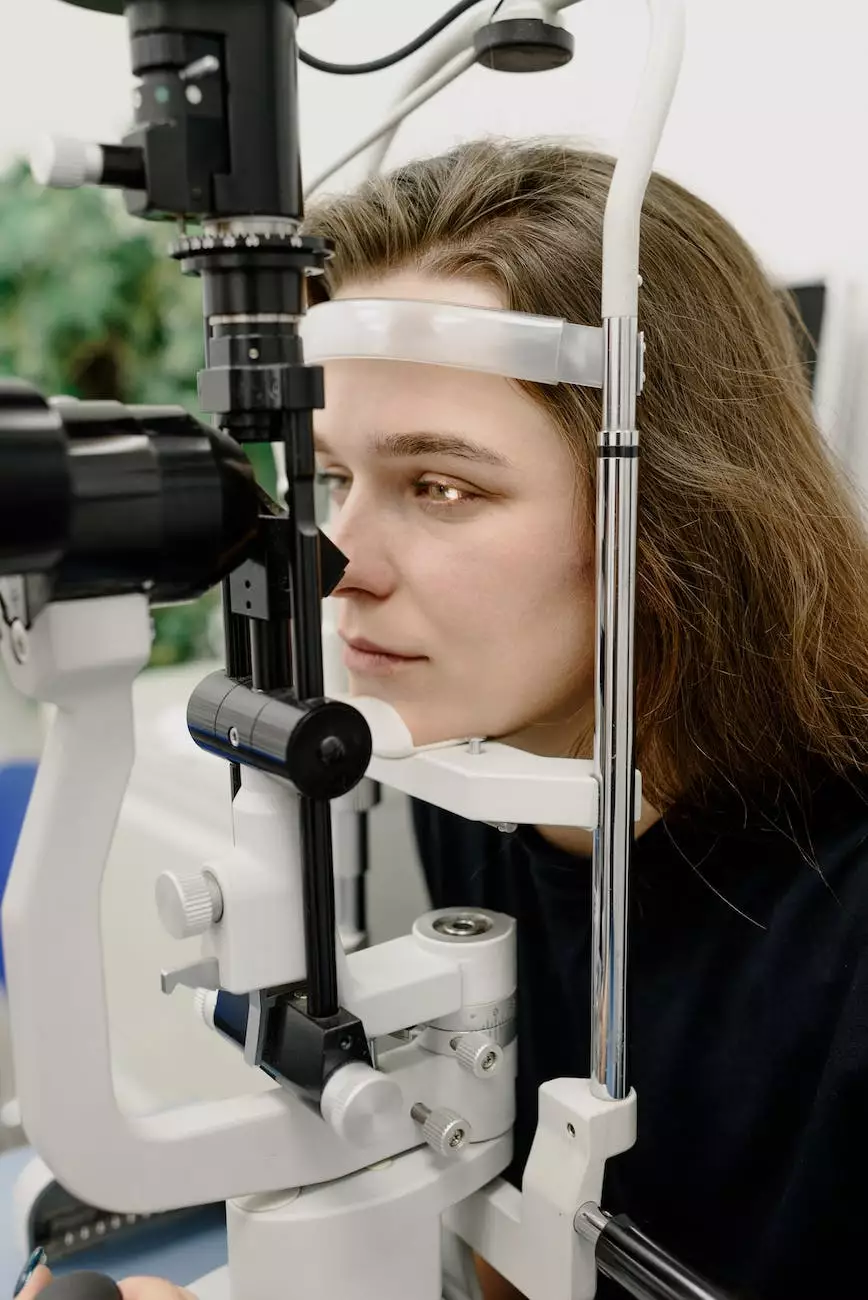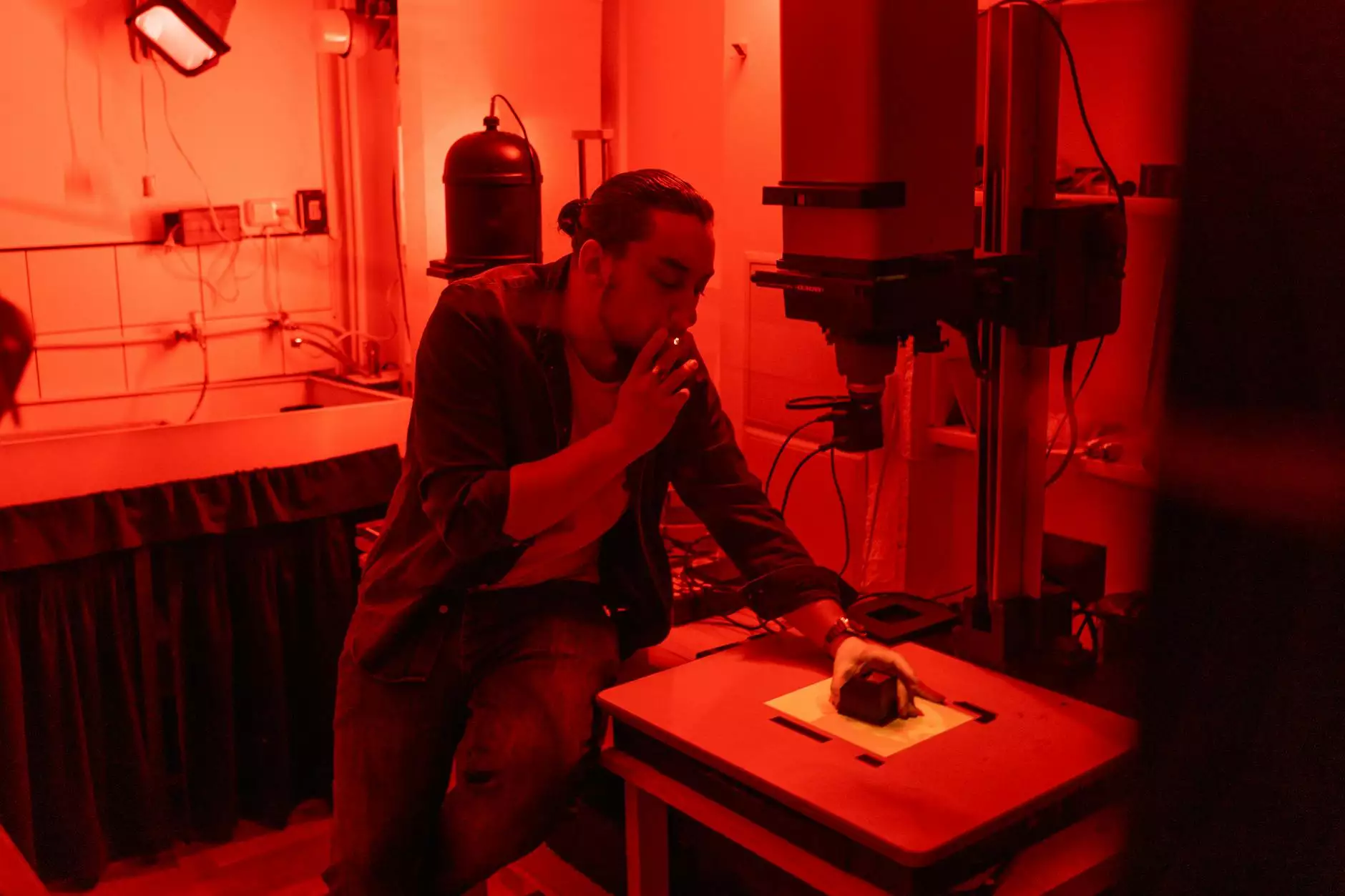UTI or Kidney Stone? - Louisville
Health Equity
Introduction
As a leading healthcare provider in Louisville, Norton Community Medical Associates aims to empower and educate individuals about various health issues. In this article, we will explore the topic of Urinary Tract Infections (UTIs) and Kidney Stones, shedding light on their differences, causes, symptoms, and available treatments.
Understanding Urinary Tract Infections (UTIs)
Urinary Tract Infections, commonly referred to as UTIs, are bacterial infections that affect any part of the urinary system, including the kidneys, bladder, ureters, and urethra. UTIs are more prevalent in women than in men and can occur at any age.
Causes of UTIs
UTIs typically occur when bacteria enter the urethra and multiply in the urinary tract. The most common causative agent is Escherichia coli (E. coli), a bacterium found in the digestive system. Other factors that may contribute to UTI development include poor hygiene, sexual activity, menopause, pregnancy, urinary tract abnormalities, or the use of certain types of birth control.
Symptoms of UTIs
The symptoms of a UTI can vary depending on the part of the urinary tract that is affected. Common symptoms may include a frequent urge to urinate, a burning sensation during urination, cloudy or strong-smelling urine, pelvic pain, and discomfort in the lower abdomen. If left untreated, UTIs can lead to more serious complications, such as kidney infections.
Treatment for UTIs
Upon suspicion of a UTI, it is essential to seek medical attention promptly. At Norton Community Medical Associates, our experienced healthcare professionals offer comprehensive diagnosis and treatment options for UTIs. Depending on the severity and location of the infection, treatment may involve antibiotic medications, increased fluid intake, and lifestyle changes to prevent future occurrences.
Kidney Stones: Causes, Symptoms, and Treatments
Kidney stones, also known as renal calculi, are hard deposits that form in the kidneys. They can be incredibly painful and may cause various urinary symptoms.
Causes of Kidney Stones
Kidney stones develop when certain substances in the urine, such as calcium, oxalate, and uric acid, become highly concentrated. These substances can crystallize and form solid masses, which over time, may grow in size and cause discomfort. Certain factors, including dehydration, a diet high in sodium or oxalate, obesity, and family history, can increase the risk of developing kidney stones.
Symptoms of Kidney Stones
The symptoms of kidney stones may vary depending on their size and location within the urinary tract. Common signs include severe pain in the back or side, radiating to the lower abdomen or groin, blood in the urine, frequent urination, and urgency. Other associated symptoms may include nausea, vomiting, and fever.
Treatment for Kidney Stones
At Norton Community Medical Associates, our dedicated team of healthcare professionals specializes in the diagnosis and treatment of kidney stones. Treatment options may range from conservative measures, such as increased fluid intake and pain management, to more invasive procedures like extracorporeal shock wave lithotripsy (ESWL), ureteroscopy, or surgical removal for larger or more complex stones.
Conclusion
In summary, distinguishing between UTIs and kidney stones is crucial for accurate diagnosis and appropriate treatment. Norton Community Medical Associates in Louisville is committed to providing the highest quality of care and expertise when it comes to managing urinary tract infections and kidney stone-related concerns. If you are experiencing symptoms or have any concerns, we encourage you to schedule an appointment with our experienced healthcare professionals.









